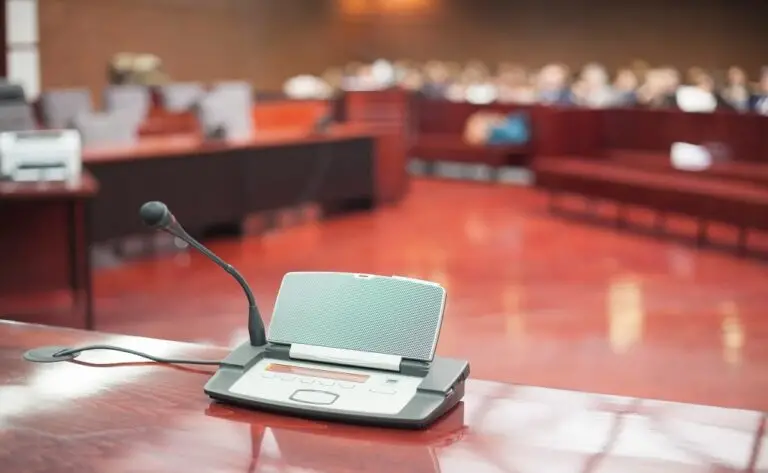KINGSTON, Jamaica — Taneish Wisdom-Banton, a former chief investigator with the Independent Commission of Investigations (INDECOM), faced intense questioning on Monday regarding her knowledge of a video recording from a Jamaica Defence Force (JDF) helicopter that allegedly captured critical moments during the police-military operation resulting in the shooting of accountant Keith Clarke on May 27, 2010.
Wisdom-Banton testified in the ongoing trial of three JDF soldiers—Lance Corporals Greg Tingling and Odel Buckley, along with Private Arnold Henry—who are charged in connection with Clarke’s death. The incident occurred during an operation aimed at apprehending fugitive Christopher “Dudus” Coke, believed to be hiding in Clarke’s home.
Clarke was shot multiple times in his bedroom amid a chaotic scene where security forces engaged in a gunfight with armed individuals allegedly connected to Coke. According to reports, the JDF helicopter was airborne at the time, capturing video footage of the events unfolding at the Kirkland Close residence.
During cross-examination, King’s Counsel Valerie Neita Robertson challenged Wisdom-Banton’s assertion that she was unaware of the helicopter footage. “Madame, I am going to suggest to you that you are not being honest when you say you know nothing about a helicopter videotape,” Neita Robertson pressed. Despite the accusation, Wisdom-Banton maintained her position, responding, “I am being honest.”
Neita Robertson further accused her of withholding information regarding the videotape from her report. The attorney demanded clarification about a letter directed to former INDECOM Commissioner Terrence Williams, which Wisdom-Banton was instructed to include in the case file. When asked if she had reviewed the documents accompanying that letter, she stated that she merely placed them in the file as instructed, claiming she was unaware of their specific contents.
As the questioning continued, Wisdom-Banton confirmed that while she visited the scene after Clarke’s death, her role was limited to accompanying the chief forensic examiner rather than conducting a full investigation herself. She expressed regret that she did not have access to the helicopter footage, acknowledging its potential usefulness to her inquiry.
Wisdom-Banton also revealed a surprising gap in her investigation when she stated she was not aware of four soldiers who were reportedly injured during the incident. She noted that had such information been available, it would have been crucial for her report.
Under continued pressure, she explained that her responsibilities were strictly to gather information as directed by Commissioner Williams. “As investigators, we don’t make decisions. We just gather information and put them in a report. Instructions on the gathering of the information came directly from Mr. Terrence Williams,” she emphasized.
Moreover, Wisdom-Banton clarified that she did not submit Clarke’s licensed firearm for ballistic testing, stating she had no knowledge of its connection to the incident. This aspect of the trial is significant, as defense attorneys for the accused soldiers have argued that Clarke may have fired his weapon at the security forces.
The trial is set to resume on Wednesday, with the courtroom focusing on the complex interplay of testimonies and evidence surrounding this high-profile case.

